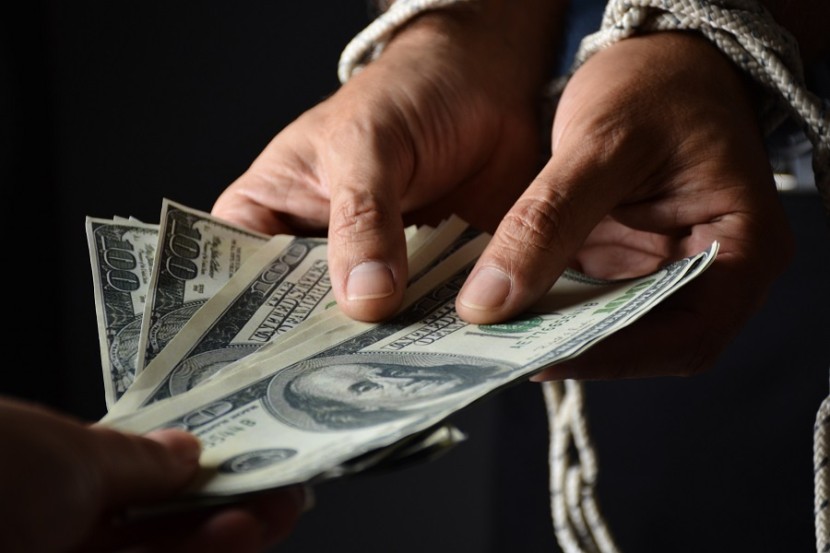
After the IRS received a record number of complaints in June and July, Americans were cautioned about stimulus check frauds. The warning comes only days before millions of families get their next child tax credit payment, which is due on September 15.
The email may appear to be from the IRS, requesting you to re-enter the banking information that you previously supplied to the IRS. Another was discovered, stating that the stimulus check's third round was now available.
The third-round email informed the receiver that he was entitled to $815.05 in payments, but that he needed to click on a blue box to claim them. Scammers will download malware into your computer once you click on the blue box, stealing your sensitive ID information.
How to determine fraudulent emails?
Per Digital Market News, the emails may appear professional, but they might sound odd. It generally finishes with the words: "Note: We will record your IP address, date, and time for security purposes. Intentionally false inputs are prosecuted and reported as a crime."
The scammers' telephone numbers were not revealed. According to the notice, fraudsters sent messages claiming that the recipients were qualified for stimulus payments and that they needed to click on the following link to fill out the necessary information to collect them.
The IRS had evaluated an individual's fiscal activities, and they were qualified for the EIP, according to certain phishing emails. Taxpayers should be aware that the IRS does not send unsolicited emails or messages.
The IRS does not threaten jail sentences or legal action, and it does not require gift cards or bitcoin payments. You are making payments to the US Treasury, not to a specific individual. Taxpayers can file a report with the Treasury Inspector General for Tax Administration or submit it online.
According to WGN-TV, IRS officials claim they've observed an increase in phishing schemes throughout the summer months. Since the World Health Organization labeled the viral outbreak a pandemic last March, IBM security officials have noticed a 6,000 percent spike in the COVID-19 scam.
Where to report stimulus check scams?
The number of reported fraud attempts has reached levels not seen in more than a decade, according to Jim Lee, the chief of the IRS's Criminal Investigation Division. Scammers are attempting to dupe unsuspecting Americans into divulging their personal information.
Families are also receiving phishing SMS claiming that they have qualified for a stimulus check. The IRS has issued a warning to taxpayers and advised them to look for grammatical and typographical mistakes. Such errors are said to be signs of fraud.
According to the IRS, consumers should be cautious about clicking on shortened links since they may lead to fraudulent websites. Anyone who believes they have been the victim of a phishing attempt should send an email to phishing@irs.gov.
Americans should report the occurrence to the Treasury Inspector General for Tax Administration using the website TIPS.TIGTA.GOV if it involves their stimulus payment. The warning comes only days before some taxpayers are due to receive their next child tax credit installment.
From September 15, parents with children under the age of six will get a cash boost of up to $300 per child. Meanwhile, the sum for children aged six to seventeen is $250.
Despite persistent pressure from Democratic politicians and portions of the American people, a fourth stimulus check is presently uncertain. As part of the American Rescue Plan, the latest set of stimulus checks, valued at up to $1,400, was authorized in March. As the COVID-19 Delta variation continues to cause havoc across the country, struggling Americans are appealing for up to $2,000 in stimulus payments, as per The Sun.
Related Article: These States Confirm New Stimulus Checks, Cash Bonuses; Is Yours on The List?
@YouTube








